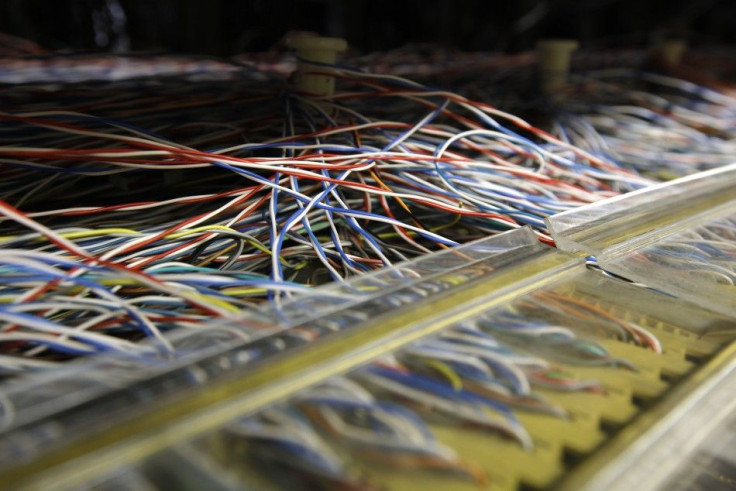Is the Internet set to become smarter and faster?

Well, yes, if Professor of electrical engineering and department chair at the School of Engineering and Applied Sciences at Columbia University, Karen Bergman achieves the breakthrough in the project that she has been working on;
Bergman's project could impact the online exchanges of every individual in today's wired generation. At the Lightwave Research Laboratory in Schapiro Hall, Karen is working on an alternative model for flow of Internet traffic that could drastically increase the speed at which information travels over the web.
The research revolves around the fiber optic network-the portion of the Web that consists of optical fibers that transmit data in the form of light waves. Fiber optics can handle huge files-such as those of high-definition video-much faster than traditional copper wires. But in Bergman's own words, in the present configuration, it is more of a big, dumb pipe that is not the most efficient in its operations.
Speaking with The Record, Columbia's own campus newspaper, Bergman explains that when huge volumes of information have to be routed through narrower channels controlled by Internet service providers, the current optical fibers can't recognize what kind of data is coming through and are not able to prioritize traffic.
Thus, the system ends up sending hundreds of routine, few-kilobytes-heavy emails even as it stalls hundreds of gigabytes carrying a critical medical video conference. Under Bergman's alternative system, the fiber optic nodes would be programmed to read data and direct it depending on what it is.
The research could also address the issue of energy use and conservation as sending data down optical fibers requires a fraction of the energy that is needed in copper wiring.
The University publication reports that industry biggies such as Alcatel-Lucent Bell Labs and AT&T Research are collaborating with Bergman's team on modeling these in their existing systems to see whether it could work on a larger scale. Bergman, who holds a Ph.D. in electrical engineering from MIT, was herself a consultant for Bell Laboratories and a lead technologist for the networking startup Tellium before she came to Columbia.
© Copyright IBTimes 2024. All rights reserved.





















